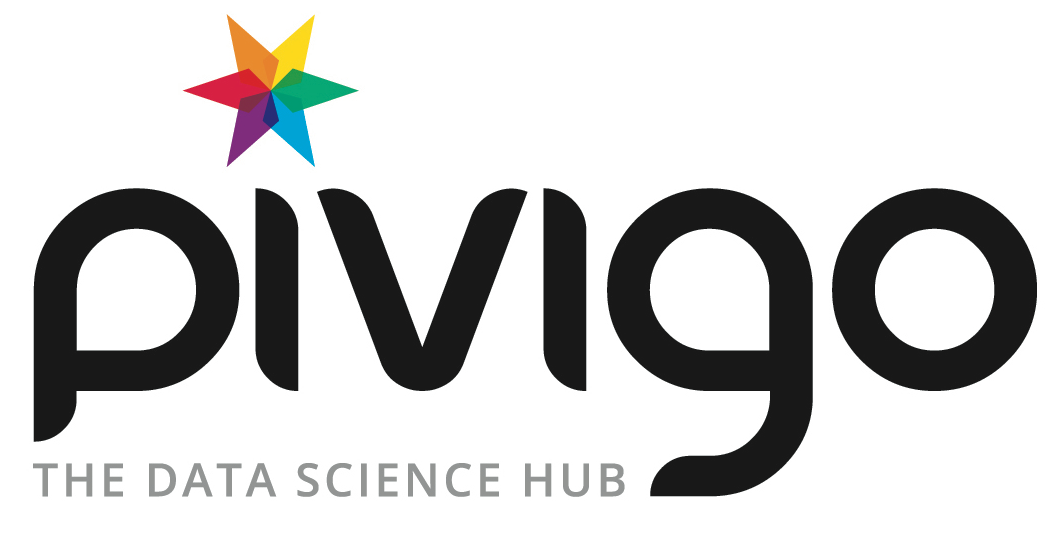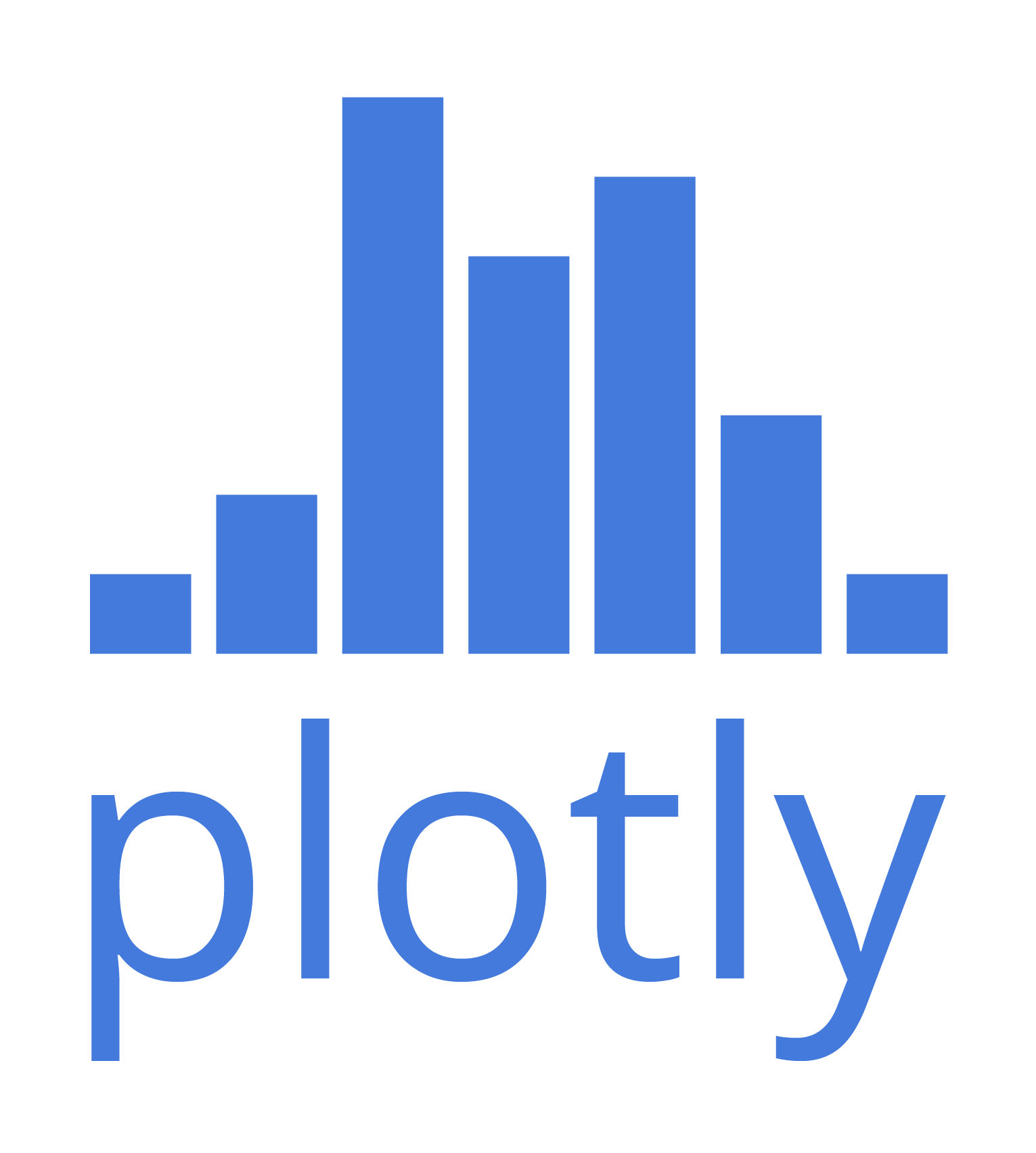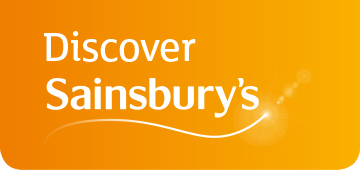Sunday 10:50 a.m.–11:30 a.m.
Our Data, Ourselves
Giles Greenway
- Audience level:
- Intermediate
Description
We issued 20 young coders with smartphones pre-loaded with an app that gathered data on the network activity of the other apps they used. Their data was captured using the Python-based data portal CKAN, analysed with SciKit-Learn, then returned to them using Docker and the Ipython Notebook. Python also played a role in the reverse-engineering of some of the more interesting apps we discovered.
Abstract
The "Our Data, Ourselves" project seeks to explore the possibility of making the data-trails of smartphone users available ethically in a "social data commons". We issued 20 young coders from Young Rewired State with Android smartphones pre-loaded with an app that tracked their other apps' network usage and recorded commonly captured data. This was collected using the Python-based data portal CKAN, the advantages and pitfalls of which will be discussed. Users' GSM cell-tower locations from the OpenCellId database were clustered using k-means via SciKit-Learn. Careful feature-vector selection yielded deep insights into their everyday lives. This helped provoke discussions with the participants about their understanding of privacy related to their mobile app usage. We held a hack-day to return their data to them using a Docker container wrapping a copy of the CKAN instance that could be queried through an Ipython Notebook. Further details about the users' apps were obtained by scraping the Google PlayStore, which presented some challenges. Apps with particularly interesting patterns of network usage were reverse-engineered and their network traffic captured. We have run a "masterclass" on Android app reversal supported by distributing software tools in another Docker container, many of them Python-based. The final phase of our project will be conducted in conjunction with the Open Data Institute, integrating our app with M.I.T's Open Personal Data Store, also written in Python, to give its users greater granularity of control as to how their data is used.








